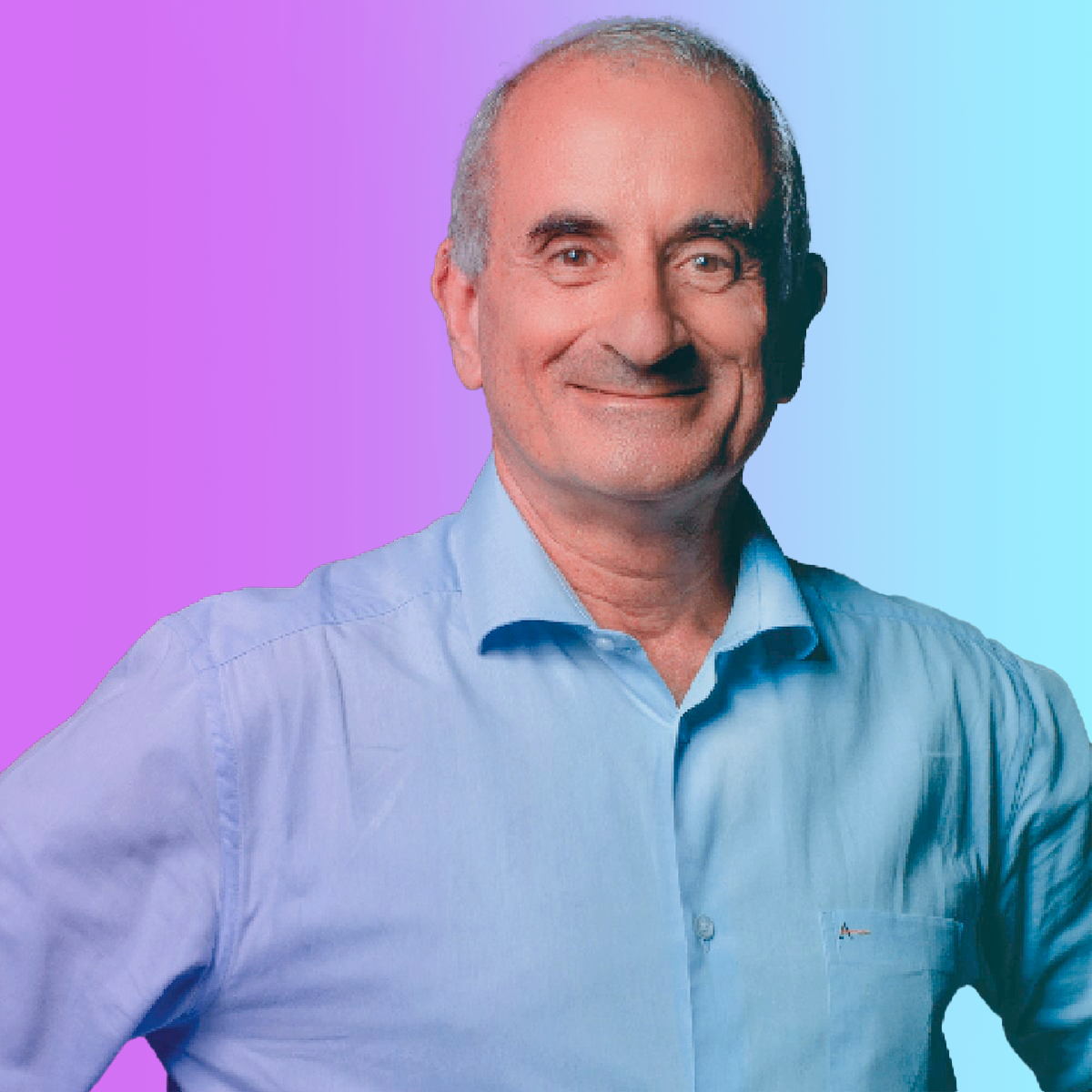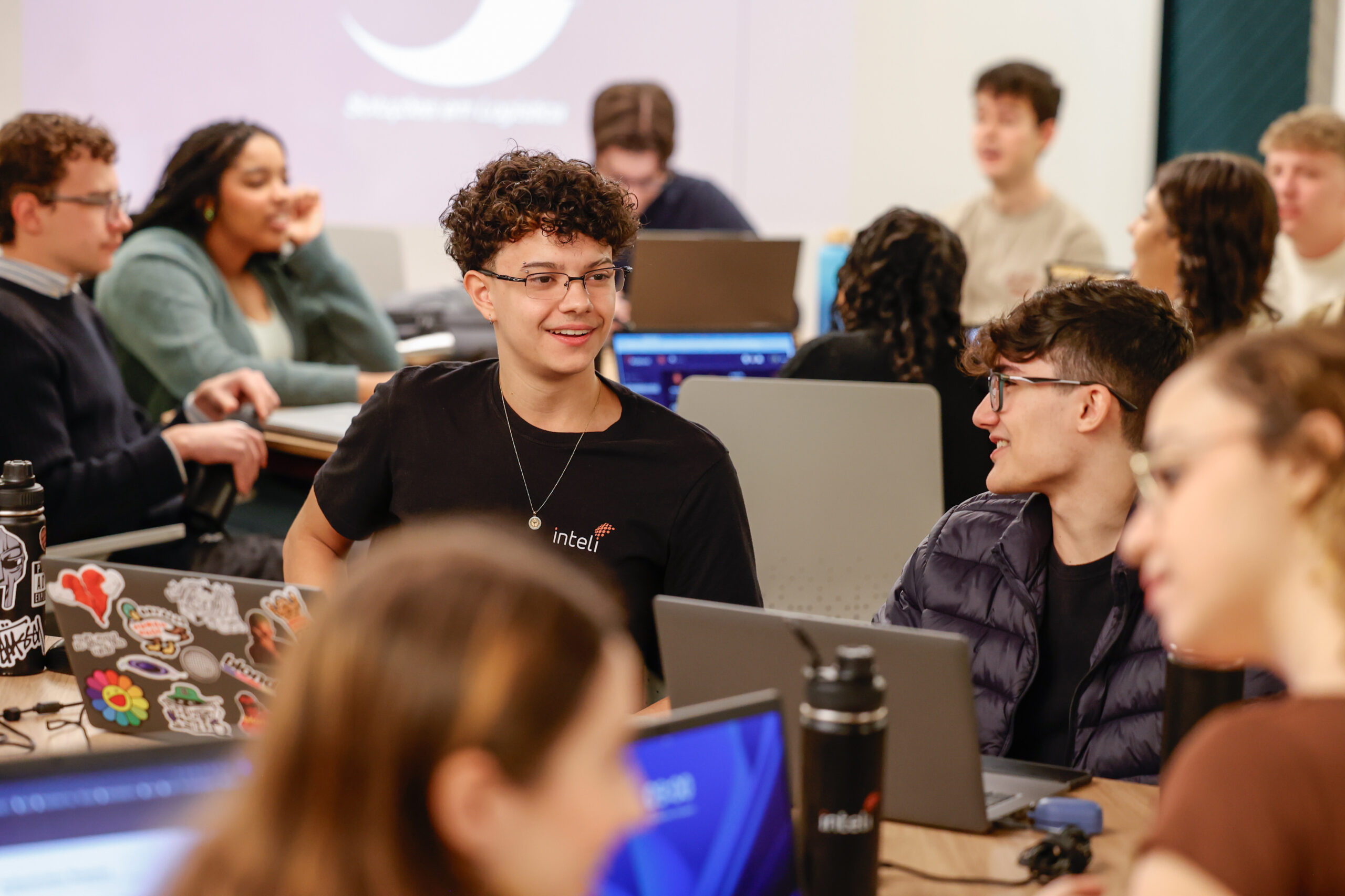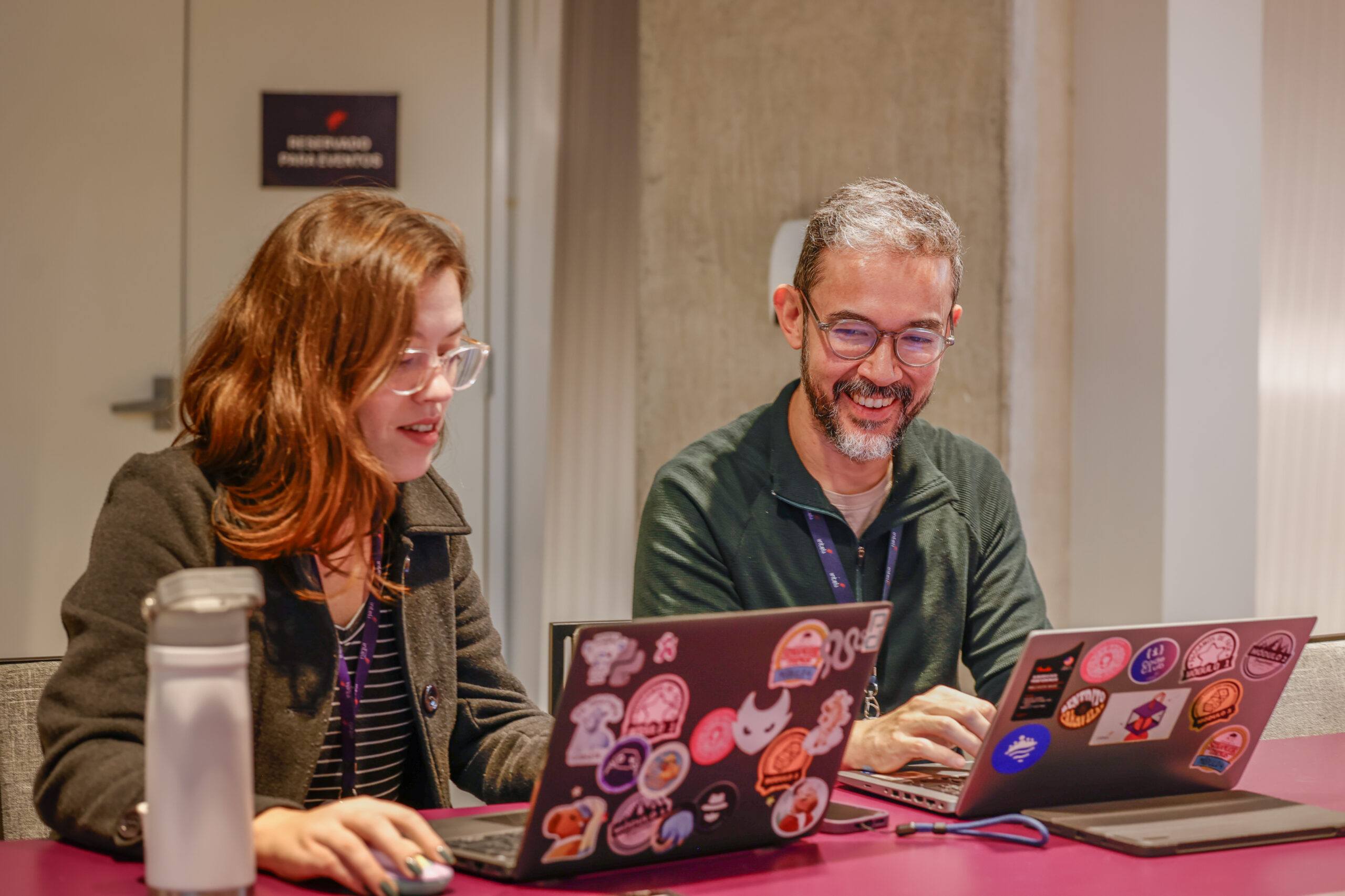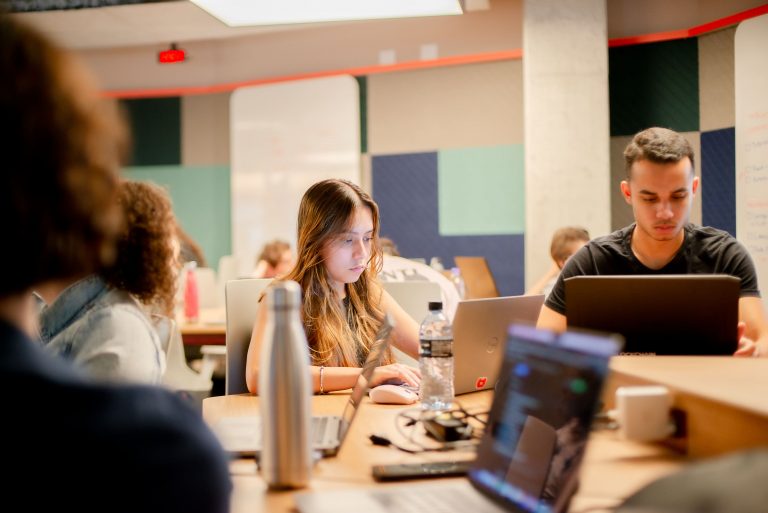
An Bill Gates interview with TV host Jimmy Fallon went viral on social media, in which Gates claims that artificial intelligence will democratize access to "intelligence" and replace humans in various activities.
At one point, he mentions "a great doctor, a great teacher" and comments that, with AI, this will become free. It didn't take long for dozens of articles and reports to appear announcing the end of the careers of doctors and teachers.
It is undeniable that AI will have a profound impact on practically every profession. But to say that these professions will cease to exist is another story. Bill Gates himself doesn't actually say that they will end. He talks about "great medical advice" and "great tutoring" - in other words, medical advice and learning support, which are just parts of the medical and educational processes.
The physical examination and the limitations of artificial intelligence in medicine
I've been dealing with computers since the 1980s and have had the opportunity to follow all the great technological waves of the last four decades. But my original training was in veterinary medicine, a profession I practiced for 20 years, mainly as a professor of clinical medicine. I come from a school of traditional clinicians, who value the so-called "physical examination", carried out by directly handling the patient with techniques such as auscultation, inspection, palpation and percussion.
This is a stage of medical care that AI will not be able to replace. Some will say that robotics can automate this process - and indeed, there are initiatives in this direction. However, in practice, this is still closer to science fiction. The same applies to surgery: although there are so-called "robotic surgeries", they are not autonomous. They still require experienced doctors to conduct them.
What can be automated in medical care
This doesn't mean that AI won't have an impact on medicine. On the contrary. There are several stages that could be automated. It's quite plausible to imagine artificial intelligences conducting the anamnesis - that initial interview in which the patient reports their complaints and history. T
Nor is it unlikely that AI will replace teleconsultations. In this case, viability will depend more on regulations (such as liability for possible errors) than on the technology itself. In addition, AI will be able to interpret exams and suggest therapies, among other functions.
Education: human interaction beyond technology
In education, the reasoning is similar. I can't imagine a scenario in which robots replace interaction between teachers and students, especially in basic education. Face-to-face teaching for children goes far beyond the transmission of knowledge. It involves social interaction, empathy, building bonds and developing emotional skills. In adult education, there is more room for automation, especially in distance learning - which is growing not only in universities, but also in corporate education. Even so, face-to-face moments will continue to be important. People will continue to attend conferences, workshops and lectures with humans.
The weight of administrative tasks and AI support for teachers
Just as in medicine, there are many stages of teaching work that can be automated with the use of AI. Anyone who is a teacher knows how much time is spent attending meetings, preparing lessons and marking exams. These are fundamental activities, but they take up time and energy, often taking the teacher away from what matters most: contact with students. In these cases, AI can significantly reduce the burden of administrative tasks - often seen as tiresome and bureaucratic.
The need for a new generation fluent in technology and human knowledge
We are therefore far from a scenario in which robots replace humans in functions that involve direct interaction with patients or students. Even if it were possible to build such robots, they would be expensive, difficult to maintain and not very scalable. Intellectual and bureaucratic processes, on the other hand, are closer to being improved - or even replaced - by AI.
But this progress will be gradual, because it depends on the ability to integrate medical and pedagogical knowledge with mastery of technology. In other words, more than programmers, we will need doctors and teachers who are fluent in both worlds. We will need to train a new generation of professionals capable of working on this frontier.
The AI for Business course was created for exactly this purpose: to train leaders capable of using artificial intelligence in an ethical, strategic and results-oriented way.
💡 Learn more about the AI for Business program and discover how to turn AI into value for people and businesses.




